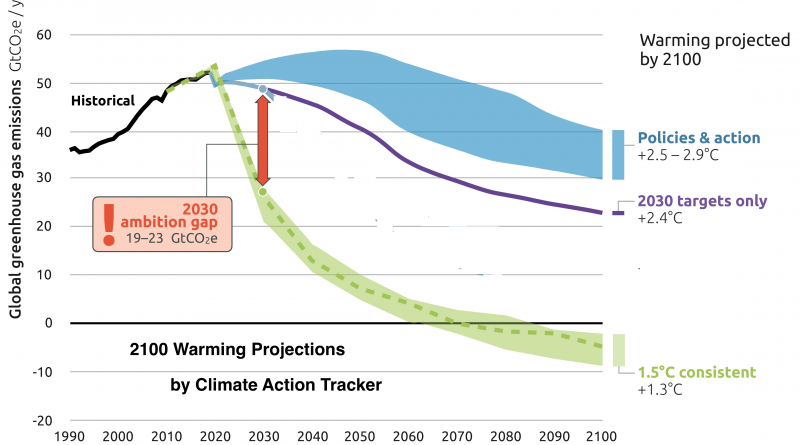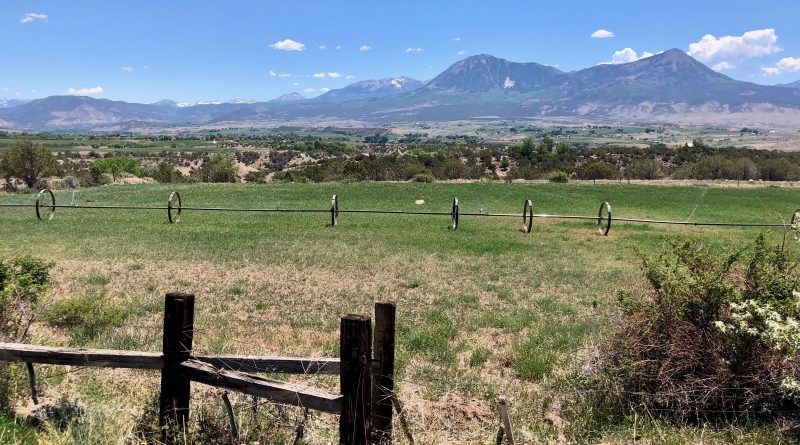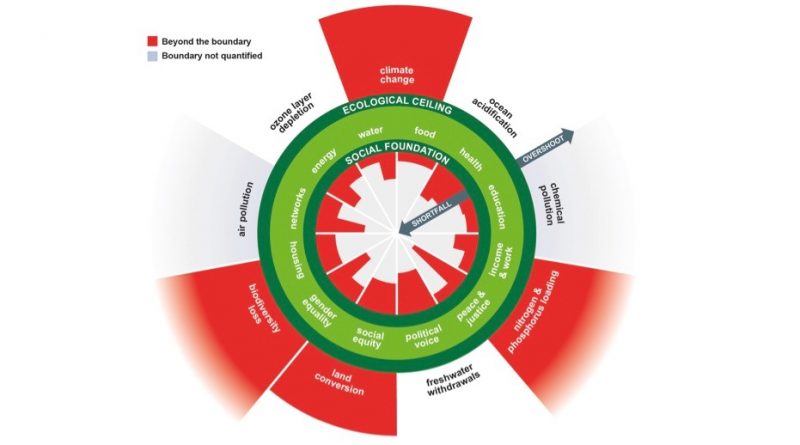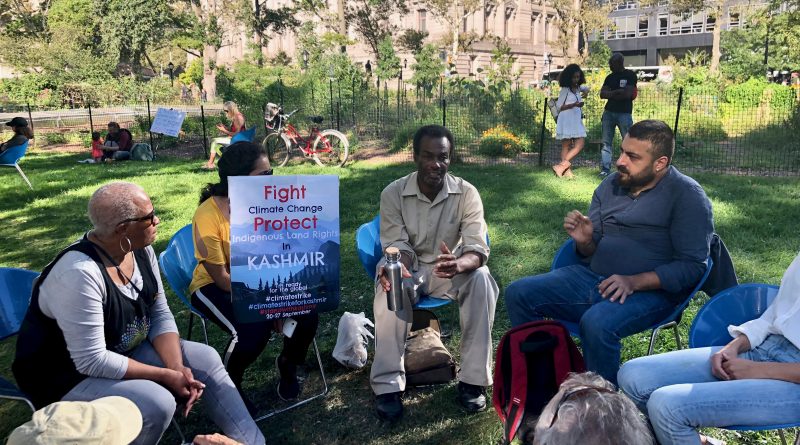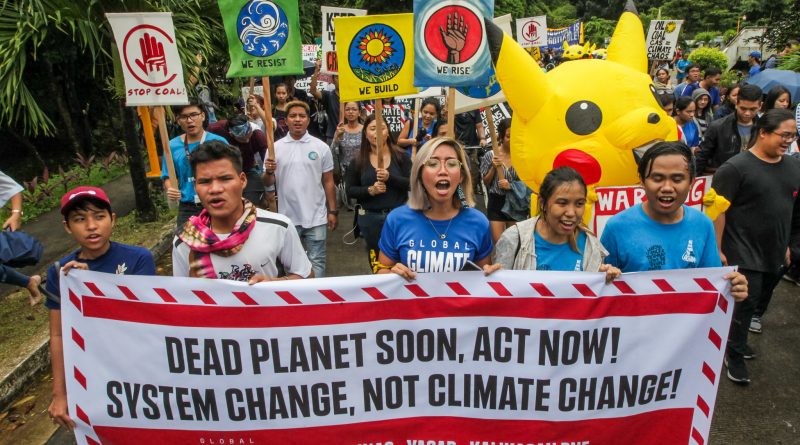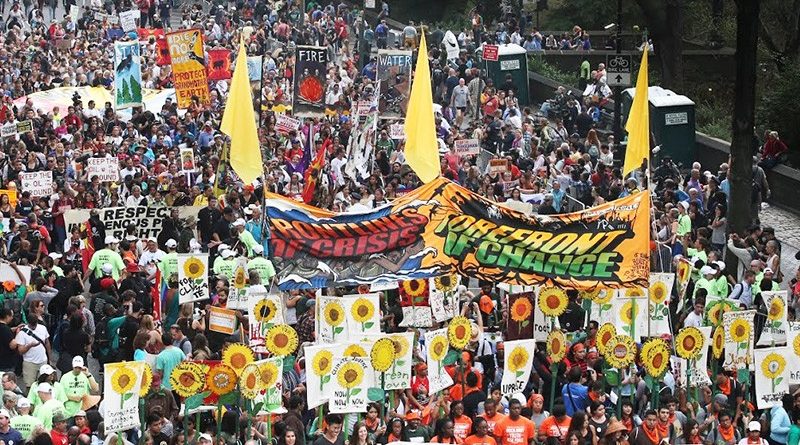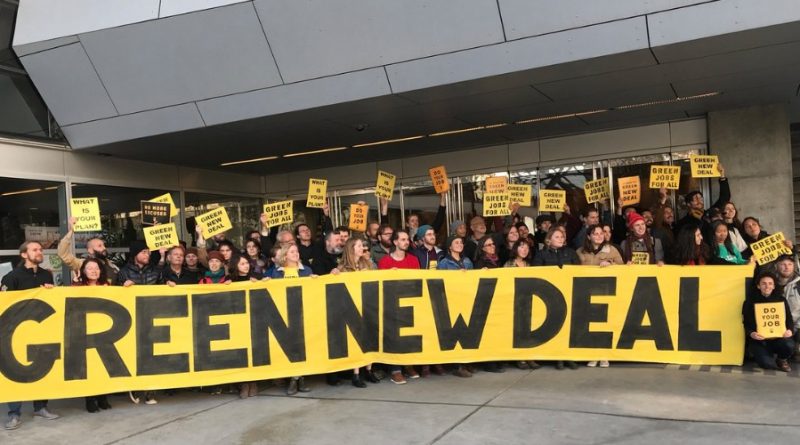Reflections on COP26 – How Bad, or Good, Was It?
COP26, this year’s UN climate conference, has ended. There has been and will continue to be a lot of analysis and opinion published about what happened and didn’t happen. The almost 200 countries represented there failed to agree to sufficient emission cuts to enable global warming to stay below 1.5° C. The developed nations also failed to commit sufficient financing to enable developing nations to adequately limit their emissions and respond to the climate crisis.
At the same time, some good commitments were made and some good steps taken. (See below for some examples.) Despite having limited access to the official proceedings, the voices of frontline nations and peoples were powerful and clear inside the conference halls and beyond. Young people and other climate activists rallied in the streets, led workshops and meetings, and expressed a clear moral urgency. Unfortunately, the delegates, especially those of the wealthy and fossil fuel producing nations, didn’t show the same level of moral clarity.
It is not surprising that what is required to address the crisis didn’t happen in Glasgow these last two weeks. What’s required is transforming the global economy from one based on energy from fossil fuels to one relying entirely on emission-free energy; upending profit and greed as the dominant organizing principles of our economies; and moving significant power and wealth from the predominantly white nations to the more than 80% of the world’s people who are black and brown.
That’s a tall order, to say the least!
Read more